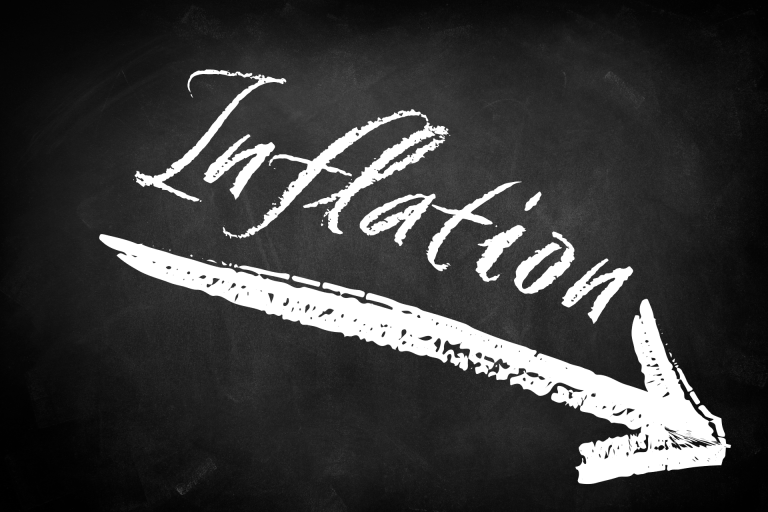Market & Investment Update – Ukraine invasion
We wanted to give investors using our services an update on the market position following the invasion of Ukraine by Russia. Please note the time of writing is 4.25pm on 24 February 2022.
As I am sure you will be already be aware, President Putin has commenced the early stages of what looks like a full-scale invasion of Ukraine. Even though the Russians have had 100,000 troops on the edge of numerous parts of the Ukrainian border for around 2 weeks, I think even the most pessimistic of military analyst would have questioned whether President Putin has the backbone and lack of rational thought to invade without cause. We now know he is happy to test the West’s resolve and backbone, by launching preliminary strikes at dawn and further military strikes throughout the day.
At the time of writing this market commentary (4.25pm) the FTSE 100 is down 3.56% for the day, with the European indices down around 3.9% for the day, clawing back from certain European areas been down closer to 5% at one point.
Although the American’s are a long way from the conflict, they make up approximately 60% of the MSCI worldwide index, so would be awfully ignorant to not track the impact to them at this stage. US indices gave up 2.6% before the close of business yesterday and are currently down 0.6% on the day.
Conversely to the early drop and somewhat bounce back in equities, gold and oil were up approximately 3% and 8% at one point earlier today, now they are 0.8% and 4.9% up on the day respectively. At this point I think it is worth pointing out the Russian index is down approximately 45%, with Sberbank (Russia’s main Bank) down 47% for the day before the full and severe sanctions were even announced.
What does this mean for the markets, your portfolios and what you should do next. The markets will be volatile, you are likely to experience volatility within your portfolio. What should you be doing?
The answer is nothing.
Money you have invested should only ever be for the long term and aimed at your specific investment needs and objectives
Reasons why you should do nothing:
- The majority of the world’s economy has just agreed to unleash the most significant sanctions to strangle the Russian economy with immediate effect. To put this into context, some 80% of the worldwide economy has agreed to do everything possible to cripple and halt 2% of the world’s economy. Will this halt the completely irrational behaviour of President Putin and save the lives of civilians and serviceman (across both sides)? No, it unfortunately will not, but it will bring his countrymen off the side-line in calling him to account. It will halt the economy in its tracks. It will also show him he was wrong and this was a selfish and stupid act of war.
- Even our more aggressive portfolios only hold approximately 5-6% in European equities, with 1.5-2.5% of this invested in Emerging European funds. These will experience greater losses in comparison to wider global holdings. This has been an underweight position and one we have actively been reducing over the past 12 months for differing reasons, those being the fundamentals are not as strong as UK and other areas.
- The vast majority of our portfolios are invested on an actively managed basis by experienced and diligent investment management teams. Their sole job is to identify companies worth investing in due to an expectation of increased profits and revenue. Our job is to diligently understand and vet these management teams in order to have faith they know what they are doing, both in times of expanding economies and more unprecedented times such as these. I have every faith in our due diligence process in selecting asset managers for this purpose, and consequently have every faith in both their asset selection and management decisions in these times.
- Do not attempt to time the market. Clients asking or proposing to cash in their portfolios during times of falling markets it is quite often seen as a one transaction event. In other words, simply cash in and sit tight whilst the market falls to the bottom. The problem here is twofold. Firstly, you need to have a crystal ball to predict when the market has reached the bottom, or at least close to the bottom. Secondly and significantly more importantly, you need to have the backbone to go back into the markets following a much greater fall than when you cashed out. To this day, I would like to point out that I am yet to meet such a person with both courage and foresight to see this through.
- Portfolios are made up of funds, each of which are made up securities within a specific company. Believe it or not, the vast majority of these companies, their profits and ability to continue making profits are not hugely affected by these geopolitical implications.
At this time, I think about recent companies I have seen or spoken to this week. One imports cotton both internationally and nationally, before selling across the UK. They were worried on humanitarian level, but highlighted getting supplies into the UK is already hard enough, this isn’t going to make things easier, but also not hugely worse. Another supplies staff through a recruitment company, companies still need people more than ever! Another sells coffee and coffee machines across the UK, again unless Russian submarines halt shipping any further hitting his supplies, then this isn’t really going to affect people buying coffee or machines over the internet. Another runs a digital agency doing design work for our company (amongst other things), and believe it or not I expect them to remain busy.
Some companies will be affected, but in the main there are other significant headwinds and potentially profit-impacting activities than war in eastern Europe. This situation is clearly catastrophic and concerning for the people of Ukraine and Russia.
Aside from the atrocities which will inevitably occur over the forthcoming weeks, other areas of concern in respect of the impact in investment markets are:
- Rising inflation
- Increasing interest rates
- Quantitative Tightening
The combined effect of the above 3 actions on household income and spending power.
The above issues and their potential implications are the driving force behind the market drop in December 2021 and January 2022 and continue to be a concern. There is no doubt uncertainty and volatility will continue in the future. The three main principles of investing, those being diversification, good active management and not timing the market remain certain.
Need Some Advice?
Looking for some help or a little advice?
Call today on 01484 534431 or fill in our enquiry form below, and we’ll call you back.











